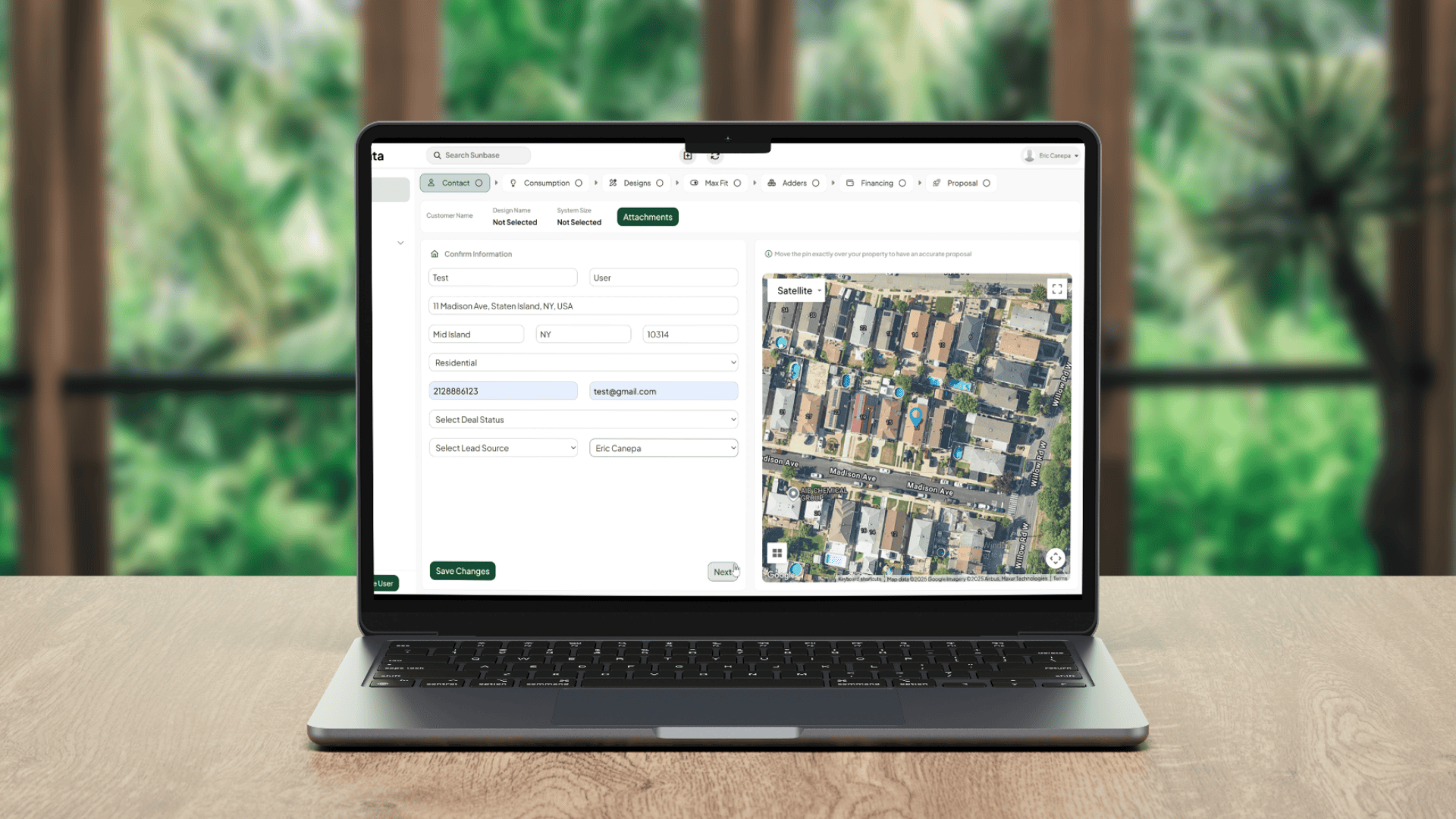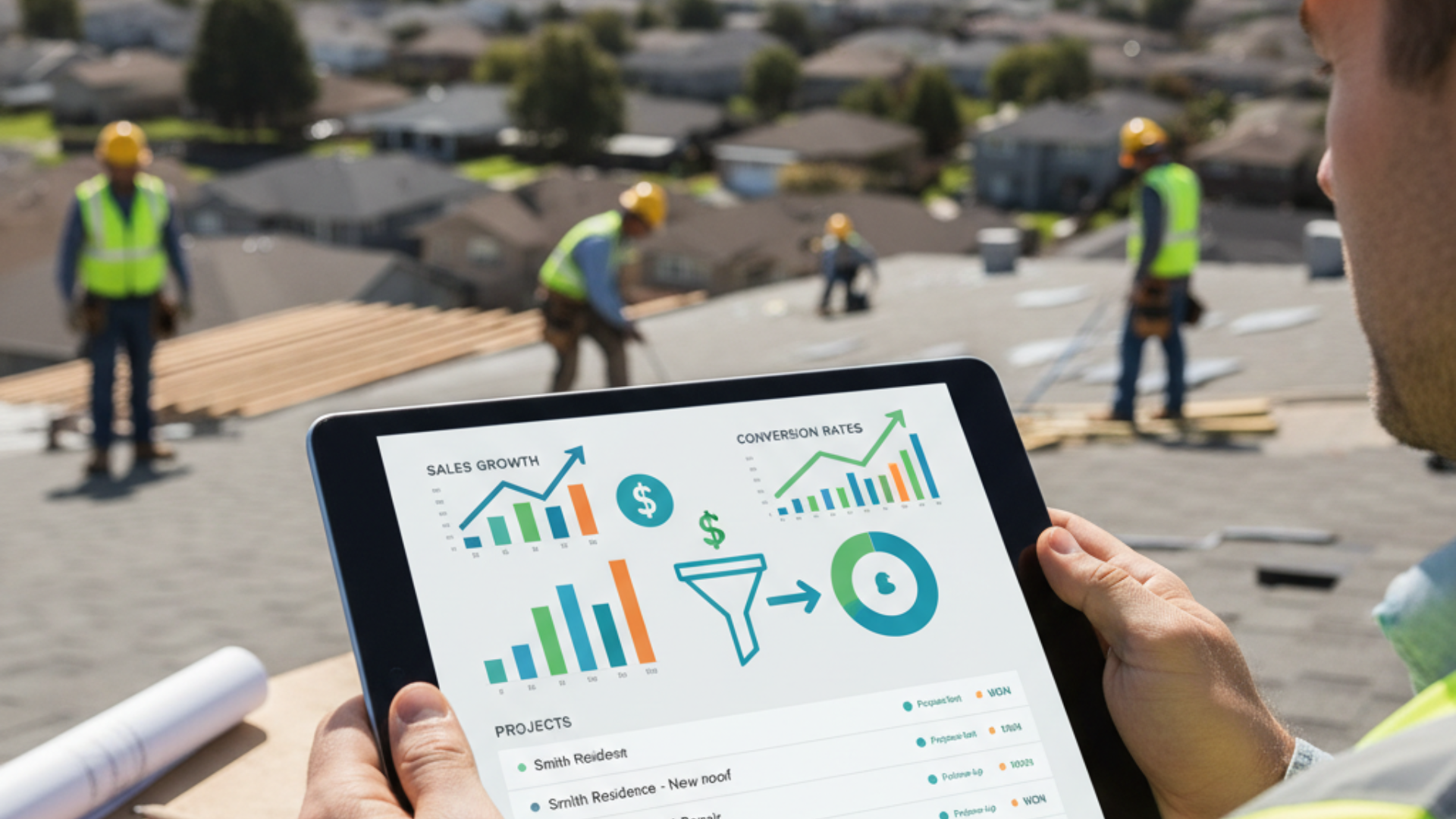June 26, 2023
When it comes to making the transition to renewable energy, solar systems have become increasingly popular in recent years due to their efficiency and cost-effectiveness. But while these systems are certainly an investment worth making, you may be wondering how exactly you can finance your solar installation.
Fortunately, there are a variety of ways that you can fund your solar system so that you can get started on saving money right away - from current incentives and financing options to long-term loan strategies. In this blog post, we take a deeper dive into solar panel financing, exploring the different types of solutions available for financing a new solar system.
Why should you Finance your Solar System Installation?
By financing, you can spread the cost of your system over time, making it more affordable than ever. With options like solar loans or leasing programs, you can get started on the path to renewable energy without breaking the bank.
But financing isn't just about saving money - it's about investing in the future. By going solar, you'll lower your carbon footprint and reduce your reliance on non-renewable energy sources.
So don't let the upfront cost hold you back - financing your solar system can benefit your wallet and the planet in the long run.
Best Solar Financing Options
There are several financing options available to help people make the switch without breaking the bank. These options range from solar leases and power purchase agreements to loans and outright purchases.
Each option has its benefits and drawbacks, and it's essential to understand them before making a decision.
Cash Purchase
A cash purchase is the most straightforward way to finance a solar system installation. This means that the homeowner pays for the entire solar system upfront, usually with savings or through a personal loan.
Advantages of a cash purchase
No monthly payments: Once the system is paid for, the homeowner owns it outright and does not have to make any monthly payments.
Lower overall cost: Since there is no interest to pay on a loan, a cash purchase is typically the cheapest way to finance a solar system installation.
Increased home value: A solar system can increase a home's value, so homeowners who plan to sell their homes can recoup the investment when they sell.
Disadvantages of a cash purchase
Higher upfront cost: The upfront cost of a solar system can be a barrier for homeowners who don't have a lot of savings or don't want to take out a personal loan.
Opportunity cost: Paying for a solar system upfront means that the homeowner cannot invest that money elsewhere, potentially missing out on investment returns.
Factors to consider before making a cash purchase
Homeowner's financial situation: A homeowner should consider their current financial situation, including savings, income, and expenses, before deciding on a cash purchase.
System size and cost: The cost of a solar system depends on its size and the amount of electricity it generates. Homeowners should consider their energy needs and budget when deciding on a solar panel system and its size.
Return on investment: Homeowners should calculate the expected return on investment (ROI) for their solar system to determine if it's a worthwhile investment.
Solar Loans
Solar loans are a financing option that allows homeowners to borrow money to pay for a solar system installation. The solar panel loan can be secured or unsecured, and interest rates can vary depending on the lender and the borrower's credit score.
Types of solar loans:
Secured solar loans-
These home equity loans are secured by the solar system itself, meaning that if the borrower defaults on the loan, the lender can repossess the solar panel or system to recover their losses.
Unsecured solar loans-
These loans are not secured by the solar system and typically have higher interest rates than secured loans.
Pros of solar loans:
Lower upfront cost: Solar loans allow homeowners to spread the cost of the solar system over several years, making it more affordable upfront.
Tax credits and benefits: Homeowners who take out a solar loan may be eligible for tax benefits, such as the federal solar tax credit.
Ownership: Homeowners own the solar system outright and can benefit from the savings on their energy bills and increased home value.
Cons of solar loans:
Interest payments: Homeowners who take out a solar loan must make monthly payments, including interest, which can add up over time.
Qualification requirements: Homeowners must have good credit to qualify for a solar loan. Those with poor credit may not be eligible for a home equity loan or may face higher interest rates.
Longer payback period: Because solar loans are typically paid back over several years, homeowners may end up paying more in interest over the life of the loan.
How to qualify for a solar loan?
Good credit score: Most lenders require a credit score of 650 or higher.
Debt-to-income ratio: Lenders may also look at a borrower's debt-to-income ratio to determine if they can afford the monthly loan payments.
Homeownership: Borrowers must own the home where the solar system will be installed.
System size and cost: Lenders may have minimum and maximum loan amounts depending on the size and cost of the solar system.
Solar Leases
A solar lease is a financing option that allows homeowners to lease a solar system from solar companies that rent solar panels for a set period, usually between 15 to 25 years. In exchange, the homeowner pays a fixed monthly amount for the use of the solar system.
Advantages of solar leases:
Lower upfront cost: Solar leases allow homeowners to install a solar system with little or no upfront cost.
Maintenance included: The solar panel installation company is responsible for maintaining and repairing the solar system during the lease term.
Guaranteed energy savings: The fixed monthly lease payment is typically lower than the homeowner's current electricity bill, so homeowners can expect to save money on their energy bills immediately.
Flexible options: Some solar companies offer the option to buy out the solar system or transfer the lease to a new homeowner if the homeowner decides to sell their home.
Disadvantages of solar leases:
No ownership: Homeowners do not own the solar system and cannot benefit from any potential increases in home value.
Long-term commitment: Solar leases are typically long-term commitments, and homeowners who finance solar panels must continue to make monthly lease payments for the duration of the lease term.
Limited options: Homeowners may be limited in their choice of the solar system and may not have the option to customize or upgrade the system.
Factors to consider before leasing a solar system
Lease term: Homeowners should consider the length of the lease term and whether they plan to stay in their home for the duration of the lease.
Lease and monthly payment amount: Homeowners should compare the monthly lease payment to their current electricity bill and calculate the expected savings over the life of the lease.
Buyout option: Homeowners should check if the lease includes a buyout option and whether the buyout cost is reasonable.
Maintenance and repairs: Homeowners should check if the lease includes maintenance and repair costs and who is responsible for them.
Power Purchase Agreements (PPAs)
A power purchase agreement (PPA) is a financing option that allows homeowners to purchase solar energy from a solar company without owning the solar system. The solar company installs and maintains the solar system on the homeowner's property and sells the solar energy to the homeowner at a fixed rate per kilowatt-hour (kWh).
Advantages of PPAs:
No upfront cost: PPAs allow homeowners to purchase solar energy without paying for the solar panels or system upfront.
Maintenance included: The solar company is responsible for maintaining and repairing the solar equipment and system during the PPA term.
Guaranteed energy savings: The fixed rate per kWh is typically lower than the homeowner's current electricity rate, so homeowners can expect to save money on their energy bills immediately.
Flexible options: Some PPAs offer the option to buy out the solar system or transfer the PPA to a new homeowner if the homeowner decides to sell their home.
Disadvantages of PPAs:
No ownership: Homeowners do not own the solar system and cannot benefit from any potential increases in home value.
Long-term commitment: PPAs are typically long-term commitments, and homeowners must continue to purchase solar energy from the solar company for the duration of the PPA term.
Limited options: Homeowners may be limited in their choice of the solar system and may not have the option to customize or upgrade the system.
Factors to consider before signing a PP
PPA term: Homeowners should consider the length of the PPA term and whether they plan to stay in their homes for the duration of the PPA.
kWh rate: Homeowners should compare the rate per kWh to their current electricity rate and calculate the expected savings over the life of the PPA.
Buyout option: Homeowners should check if the PPA includes a buyout option and whether the buyout cost is reasonable.
Maintenance and repairs: Homeowners should check if the PPA includes maintenance and repair costs and who is responsible for them.
Government Incentives and Rebates
Government incentives and rebates are important factors to consider when financing a solar system. They can significantly reduce the upfront cost of a solar system and help homeowners save money on their energy bills.
Overview of Federal and state incentives:
Federal incentives -
Investment Tax Credit (ITC): The ITC is a federal tax credit that allows homeowners to deduct up to 26% of the cost of a solar system from their federal taxes. The ITC applies to both residential and commercial solar systems and has no maximum limit.
State and local incentives -
Rebates: Some states and local utilities offer rebates to homeowners who install solar systems. Rebates are typically based on the size of the solar system and can range from a few hundred dollars to several thousand dollars.
Net metering: Net metering is a policy that allows homeowners to earn credits on their energy bill for the excess solar energy they produce and send back to the grid. These credits can be used to offset the cost of energy they consume from the grid during times when their solar system is not producing enough energy to meet their needs.
Property tax exemptions: Some states offer property tax exemptions for solar systems, which can significantly reduce the property tax burden for homeowners who install solar systems.
How to claim incentives and rebates?
The process for claiming incentives personal loans and rebates for a solar system can vary depending on the specific program and location. However, here are some general steps that homeowners can follow:
Check eligibility: Homeowners should check if they are eligible for any federal, state, or local incentives and rebates. They can find information on eligible programs and requirements on the websites of federal, state, and local energy agencies.
Gather required documentation: Homeowners should gather all required documentation, such as receipts, invoices, and proof of installation, to support their claim for incentives and rebates.
Submit claim: Homeowners can submit their claim for incentives and rebates to the relevant agency or program. The claim process may require filling out a form, submitting documentation, and following specific instructions.
Receive confirmation and payment: Once the claim is submitted, homeowners should receive confirmation that their claim has been received and is being processed. If the claim is approved, homeowners will receive the incentive or rebate payment.
It's important to note that the process for claiming incentives and rebates can take time, and homeowners should be patient and follow up as necessary to ensure they receive the full amount they are eligible for.
Homeowners may also want to consider working with a reputable solar installer who can assist with the claim process and ensure all necessary documentation is submitted correctly.
How to Choose the Right Financing Option
Choosing the right financing option for a solar system can be a big decision, and it's important to consider the following factors when making a choice:
Upfront cost:
Consider how much money you have available to pay for the solar system upfront. If you have the cash available, a cash purchase may be the most cost-effective option. Otherwise, consider financing options that allow you to spread the cost of the solar system over time.
Interest rates:
Interest rates can vary depending on the financing option you choose. Make sure to compare interest rates from multiple lenders and understand the total cost of the loan over the entire term. Choose a financing option with the lowest interest rate and the most favorable terms.
Loan term:
The loan term can impact your monthly payments and the total cost of the loan. A longer loan term can result in lower monthly payments but may also result in paying more interest over the life of the loan. Choose a loan term that aligns with your financial goals and budget.
Rebates and tax incentives:
Check if you are eligible for any federal, state, or local incentives and rebates. These can significantly reduce the upfront cost of a solar system and make financing more affordable.
Ownership:
Consider whether you want to own the solar system or lease it from a third-party provider. Owning the solar system allows you to benefit from the savings on your energy bills and any incentives or rebates, but it also comes with maintenance and repair responsibilities.
Leasing may be a more affordable option, but you may not be eligible for incentives or rebates, and you may not benefit from the same level of savings.
Credit score:
Your credit score can impact your eligibility for financing and the interest rate you receive. Check your credit score before applying for financing and work to improve it if necessary.
Contractor Reputation:
Work with a reputable solar contractor who has experience installing solar systems and who can help you choose the right financing option for your needs.
By considering these factors, you can make an informed decision and choose the right financing option for your solar system.
Conclusion
By researching the various financing options, you can find the best option that fits with your budget and energy needs. Cash purchases can be a great way to control the cost of ownership, while solar loans and leases may offer more attractive terms over the long term.
Also, don't forget to consider potential government incentives and rebates to take full advantage of available solar opportunities – which could bring an even greater return on investment from financing your new system.
I agree to receive marketing messaging from Sunbase at the phone number provided above. I understand data rates will apply, and can reply STOP to OPT OUT.











